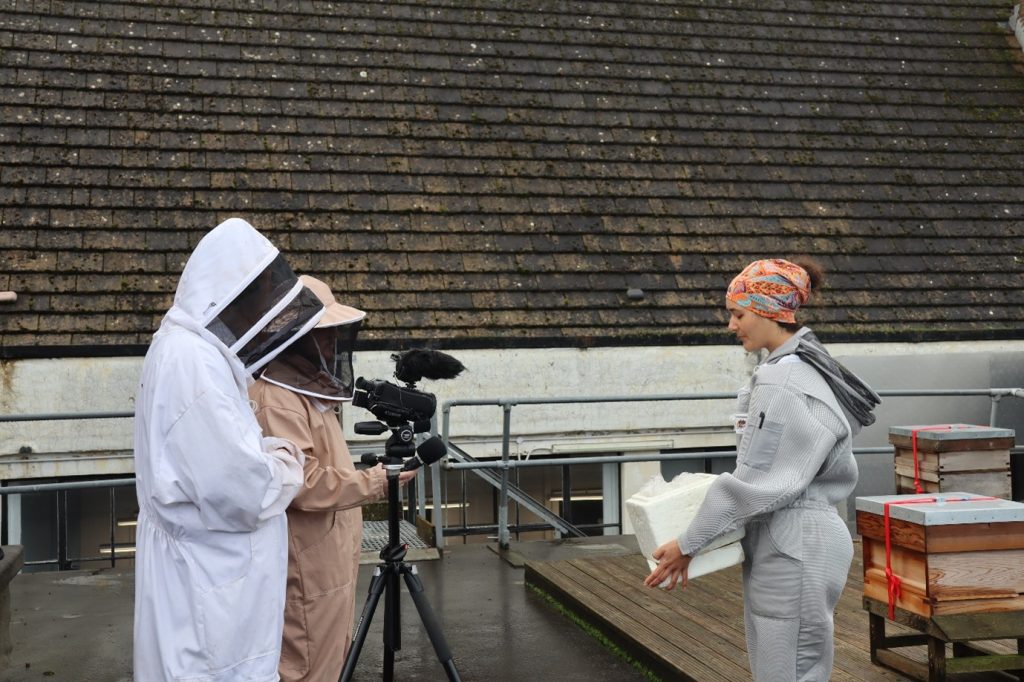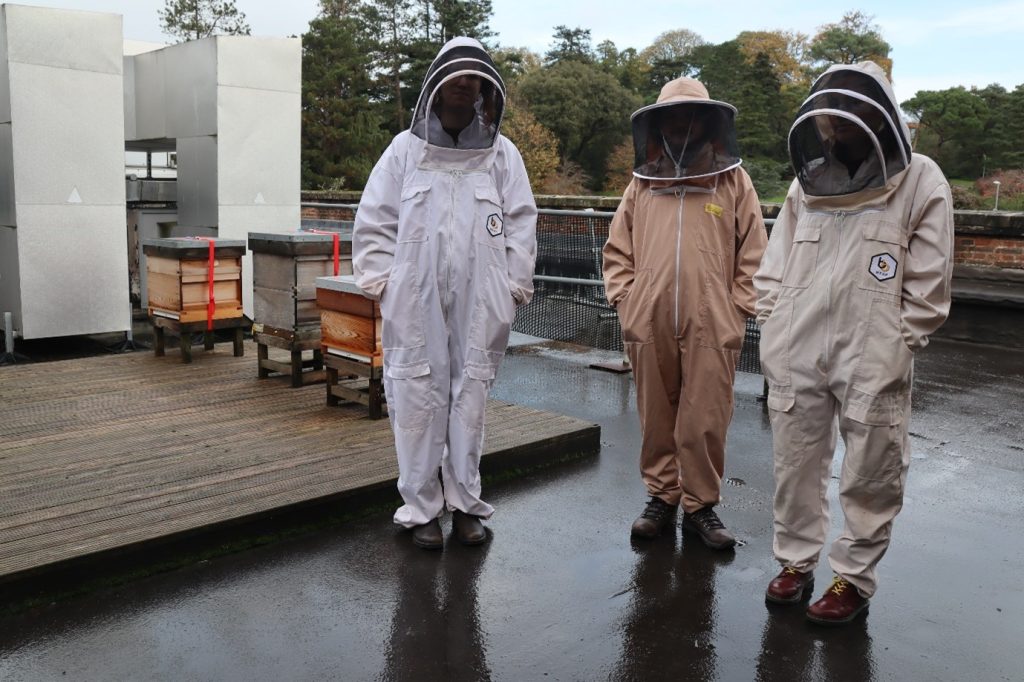Each year we ask our interns to write a blog post at the end of their time working with us looking back on their time in the DH Lab. Here is the first of this year’s blogs from Jane-Marie:
I am Jane Marie a final year Art History, Visual Culture and Classical studies student. I remember visiting the digital humanities lab on my open day at the university. I was immediately impressed at their wide range of technologies and the opportunity to become an intern at the lab.
Before starting the university, I had completed and art foundation course in graphic communication this meant I had some computer skills before I started the internship. At the end of my first year, I completed a short internship with the University of Exeter’s special collections team cataloguing the university’s Leonard Baskin Prints. Both experiences provided me with the necessary skills and interest to start my internship at the Digital Humanities lab.
Some of the modules I have taken during my time at university have been directly related to Digital Humanities. In my second year I took the AHVC Field study module as part of which we created a walking tour of Florence. From this module I learned digital mapping and audio editing skills. In my final year I took the ‘Hacking the Humanities: how to run successful digital projects’ module which paired very nicely with my work at the Digital Humanities lab.
Over the year as Digital Humanities Intern, I have assisted on a range of projects from digitisation to podcast editing. The most interesting and different project I have worked on is filming the CRAB Lab bees on the top of the Washington Singer Building.

I had no idea that there were any beehives on the Exeter university campus so to get to see them up close and personal was an amazing opportunity. I assisted in the filming of the video and had to wear a bee suit in the process. I was the responsible for the editing of the video.
The challenge when editing this video was knowing what of all the information Zoe, the beekeeper, had told us was the most important to include. We also had a lot of “Bee-role” footage to intersperse with the talking. Another challenge I found was controlling the audio levels across the different bits of footage. As we where filming in a working lab space there was some background noise that needed to be removed from the footage. While editing I learned how to edit the audio to remove the sound without distorting the audio. This example shows the problem-solving skills you develop when working with the digital humanities.

Along side the projects we have also completed training in all aspects of the lab from the 3D printers to Photogrammetry. This has helped me build confidence in using the technologies of the lab as well as introduce me to unfamiliar skills which I found challenging such as coding. Completing these challenges as a group made them less daunting.
Overall, my experience at the digital humanities lab has been an incredible opportunity to learn a range of different skills some of which I found quite challenging and others I immediately clicked with. It has been wonderful working with the other amazing interns, the DHL team and aiding academics in their research and outreach.
